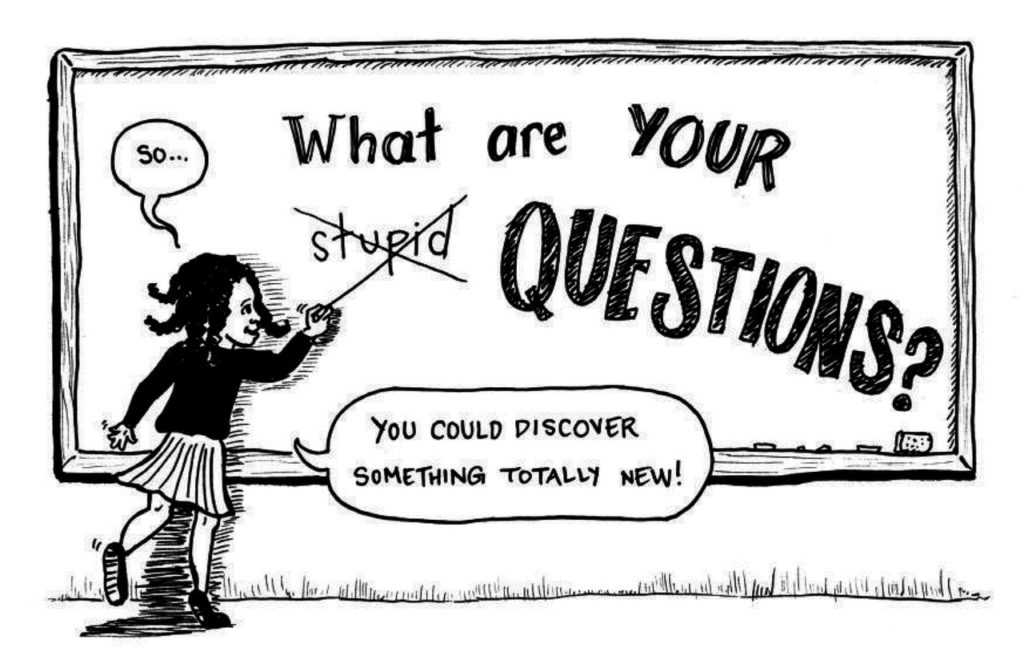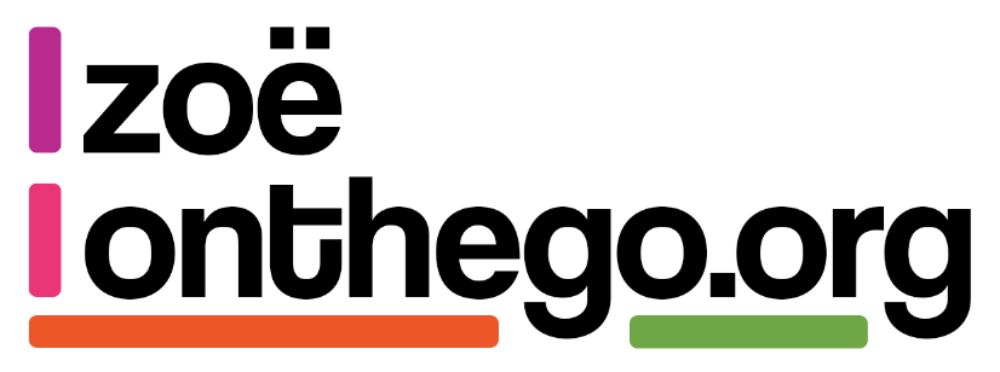This week I had a great conversation with @ClareSudbery of MadeTech and @RachelleHunt of StrangeDigital about the importance of using plain english and creating an inclusive environment where people feel able to speak up and ask questions.
Back when I started working in Digital as a Product Owner in 2011, and I did my agile training course, one of the first ‘principles’ that was discussed was ‘There is no such thing as a stupid question”. Which as a newbie in the agile/digital world was great to hear, because I felt like I knew literally nothing.

This concept has always been something I’ve repeated to the teams and people I’ve been working with. There will always be something you don’t know, it is impossible to know everything. Therefor we have to be able to ask questions and find out information without fear of being made to feel stupid.
However, as digital transformation and agile begins to roll out and spread, that acceptance of ‘not knowing’ seems to have become less common. I hear a lot from colleagues outside of digital that ‘agile is a cult, or digital is a clique’ with it’s own language that doesn’t welcome in those who don’t know the ‘lingo’.
A friend of mine had a scrum coach in to speak to their team and deliver some training to their organisation (if you don’t know what scrum is, that’s ok, here’s a link), and she said the way that he spoke to them was as if they were all idiots who knew nothing, and that he made scrum sound like a religion for zealots. There was no opportunity to question, only to agree. This isn’t what should be happening. There’s no better way to foster feelings of exclusion and frustration than be treating people who don’t know something as ‘lesser’.
The public sector has always struggled with acronyms, and while we regularly hear about the drive to reduce the use of them with the greatest will in the world, everyone will find themselves slipping up and using them sometimes, because they are everywhere and we assume that everyone knows them. But we have to remember that they don’t.
At a global digital conference last year in The Hague I was happily chatting away to someone working for the Dutch Pensions service and kept referencing several Government Departments by their acronyms without thinking, leaving the poor person I was speaking to rather lost.
Similarly in my interview for my current role, I was too embarrassed to check an acronym (PnL) and just assumed I knew exactly what I was being asked about. It was only after 10 minutes of waffle I was politely corrected that I was not been asked about Procurement frameworks and instead about my experience of managing Profit and Loss. Obvious in retrospective, but never an acronym I’d heard before and who want’s to look ignorant in an interview?

Clare made a point that often we’re not actually saving time by using acronyms, but we are gatekeeping and increasing that siloed attitude, which is counterproductive to the work we’re doing. This is especially important, as Rachelle pointed out, given how inaccessible acronyms often are, and that they are actually not unique. One random set of letters to me may mean something completely different to someone else working in a different organisation or sector or with completely different experiences. We are actually increasing the chance for confession and misunderstandings while not saving time or effort.
There is a lot of great work happening in the Public sector, using the Digital Service Standards (primarily standard 4 – make the service simple to use, and 5 – make sure everyone can use the service) and the principles of the Plain English Campaign, to simply the content we provide to users, to make it clear, concise and easy to comprehend. However when it comes to how we talk to each other, we are forgetting those same standards.
My conversation this week has reminded me how important it is, as a Senior Leader to:
- firstly try and not use acronyms or digital/agile jargon, or to not make assumptions about other peoples knowledge without checking first their experience and understanding.
- Secondly, speak up and ask more questions when I don’t know things. To show by doing, that it is ok to not know everything.
After-all, there are no stupid questions, just opportunities to learn and share knowledge.

